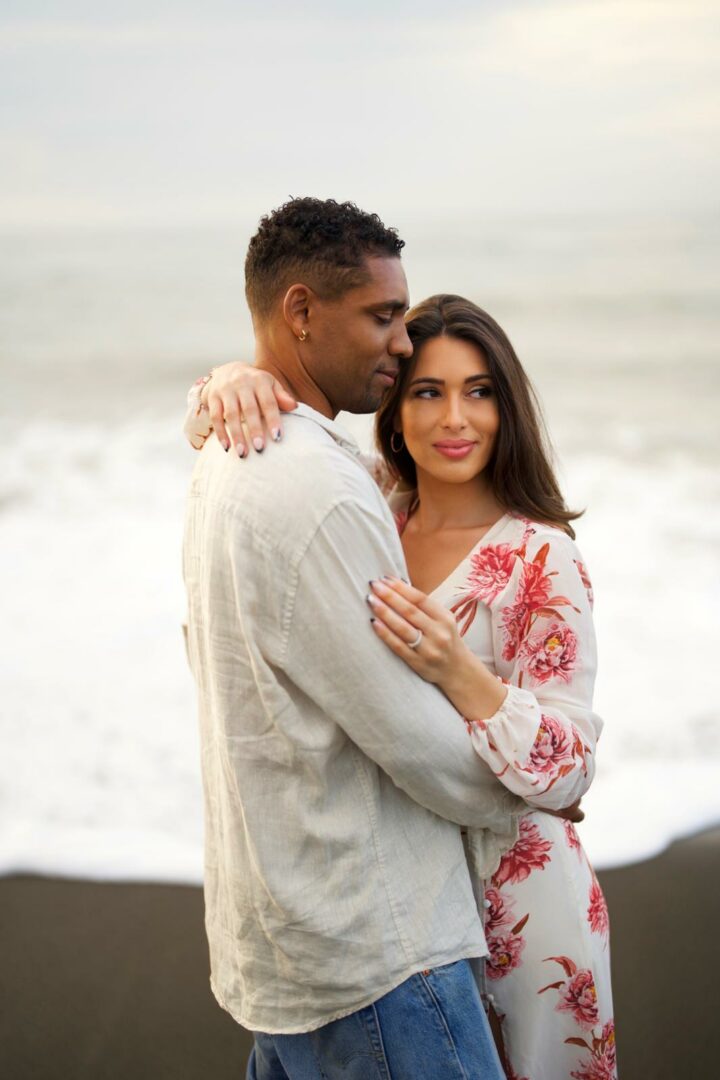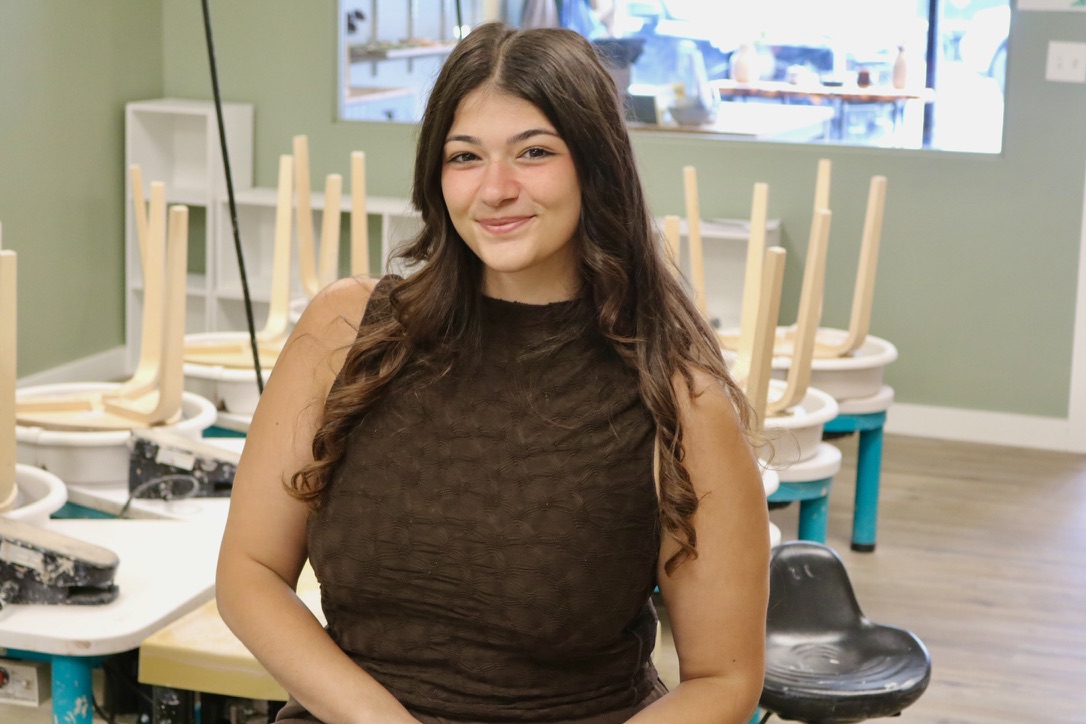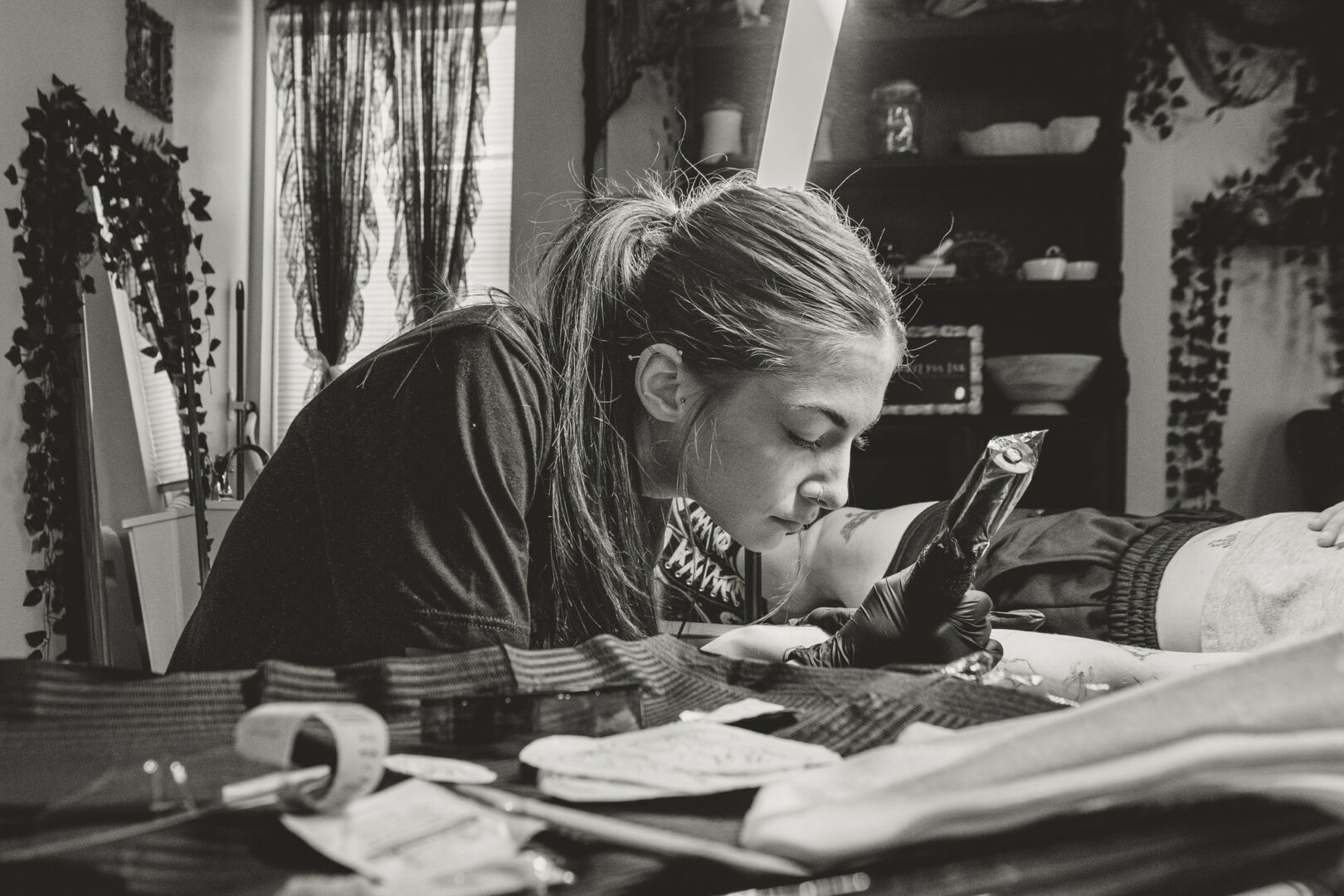We’re excited to introduce you to the always interesting and insightful Mathieu Karsenti. We hope you’ll enjoy our conversation with Mathieu below.
Mathieu, thank you so much for taking the time to share your lessons learned with us and we’re sure your wisdom will help many. So, one question that comes up often and that we’re hoping you can shed some light on is keeping creativity alive over long stretches – how do you keep your creativity alive?
I make music for a living and with music, the learning is never-ending. Once you acquire a few skills, it becomes easier to dig deeper within yourself and look for ideas or let ideas come up on their own, but the learning never ceases and that in itself is what keeps my creativity alive. Whether you are learning about past composers’ work or whether you get inspiration from other art forms, creativity is linked to everything. For me, I often collect books or make Pinterest boards of visual art, photography, architecture, fragrances or fashion. All of that feeds into my head, and somehow new ideas come together in unexpected ways. I am naturally curious so my antenna is usually tweaked towards something that will be of interest to me! Lastly, meditation is also a great tool to steady your mind and let your creative juices do their thing before you go ahead and create something.
Thanks for sharing that. So, before we get any further into our conversation, can you tell our readers a bit about yourself and what you’re working on?
I am a music artist and composer for film and TV. My work is split between releasing music albums and composing for screen.
Even though you will hear my composing voice throughout my work, music for these two areas is quite different.
When I compose to picture, my music is functional, that’s not to say it is not creative but it has to respond specifically to the needs of the film emotionally and tonally. Music helps tell the story, support the action, underpin a scene or inform on the psychology of the character.
When I create music as a recording artist, in a sense I have more freedom to go on musical adventures. It’s an expanded version of what I do in film! For me, it’s usually an excuse to create abstract, painterly music that aims at engaging the imagination of the listener. The difference between those two areas is the same as fine artist versus graphic designer. Both are creative endeavours but their function is quite different.
Having just finished scoring a brilliant short film with director Derek Magyar, I am currently releasing a new suite for solo piano called ‘Douce-Amère’ (available on all streaming/downloading platforms on December 11th). ‘Douce-Amère’ means bittersweet and it is inspired by my favourite perfume of the same name. I wanted to explore if perfume could be represented musically, and it turned into a suite in three parts for solo piano.
Looking back, what do you think were the three qualities, skills, or areas of knowledge that were most impactful in your journey? What advice do you have for folks who are early in their journey in terms of how they can best develop or improve on these?
Curiosity: As I mentioned before, I have always had a natural curiosity for life. I am particularly interested in the artistic fields but I am also interested in culture, film, food, nature, people, photography etc… All of that feeds into my work because even though we create on our own, we’re never fully isolated from the world. And I think it is very important to keep that connection with the real world, especially when you create abstract music like I do. With film, it helps to stay curious and watch a variety of content to see how filmmakers express themselves.
Technical skills:
Until you delve deep into the technical side of things, you can’t fully express yourself or break the rules whilst being able to back up your work with knowledge.
For instance, I started out as a fine artist. I learnt drawing, painting, visual composition techniques, colour combinations etc, before I could put everything down and explore my own language as an abstract artist. The same goes for music. You have to learn as much as you can (not all at once) in order to do your work effectively, or to attempt to create more advanced and more creative work. With film scoring, you not only have to learn about composing the music but also about film editing, storytelling, sound design and more. It’s a never-ending learning process and that’s what makes it so fascinating!
Self-knowledge:
To me, this is one of the most important area because it will set you apart from anybody else doing the same job as you. We are all different and we all have specific, unique angles/ways of approaching a creative brief. But knowing yourself creatively and artistically ensures you also get satisfaction from work, that you connect with other creatives who are on the same wavelength as you and that you are able to give the best of yourself to the work at hand without replicating someone else’s sound. Technical skills will be important because they will allow you to go deep within yourself so that you are able to create what you want with less struggle.
I generally don’t have any advice to give to anyone because we are all on our own journey of discovery. My instinct is to compose and be creative everyday. To me, it’s like working out at the gym, the more you do it regularly, the stronger you will get. The more self-knowledge and technical knowledge I have, the better I am at doing what I do. I think in the end, you have to balance all of that with your mental health, physical health, goals, and see what works for you. Only you know what areas you need to improve on.
How would you describe your ideal client?
Each client is different and it’s always great to be surprised with how they approach their work or their creative process. That being said, I noticed that I tend to get on better with clients who are open-minded, highly creative and willing to take some risks. For me to connect with a project, I have to feel that I am allowed to explore musically what I can bring to it. If a director’s needs or desires are too restrictive it limits my enjoyment of the process, regardless of the budget. My aim is always to please the director and serve the film but I have to also feel like I am listened to and appreciated as an experienced ally to them. So in that sense, noone is ideal, it’s more the situation, the process. But I try and keep an open mind and look for the positives in any situation, so that hopefully I can do my work with satisfaction.
Contact Info:
- Website: https://mathieukarsenti.com/
- Instagram: https://www.instagram.com/mathieukarsenti/
- Facebook: https://www.facebook.com/mathieukarsenti
- Twitter: https://twitter.com/MathieuKarsenti
- Youtube: https://www.youtube.com/mathieukarsentimusic
- SoundCloud: https://soundcloud.com/mathieukarsenti
- Other: Spotify: https://open.spotify.com/artist/2rsly4fniarciaITkJv9CJ Bandcamp: https://mathieukarsenti.bandcamp.com






Image Credits
Portrait photography by Julian Bridges Studio photography by Vins Blake Music artwork by Mathieu Karsenti Kathmandude poster by Jacob Kirby Birds of Empire cover by Qcode media




